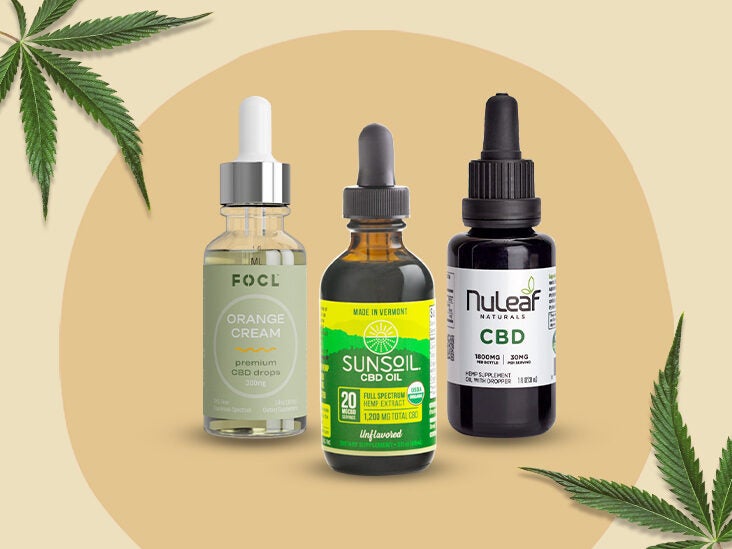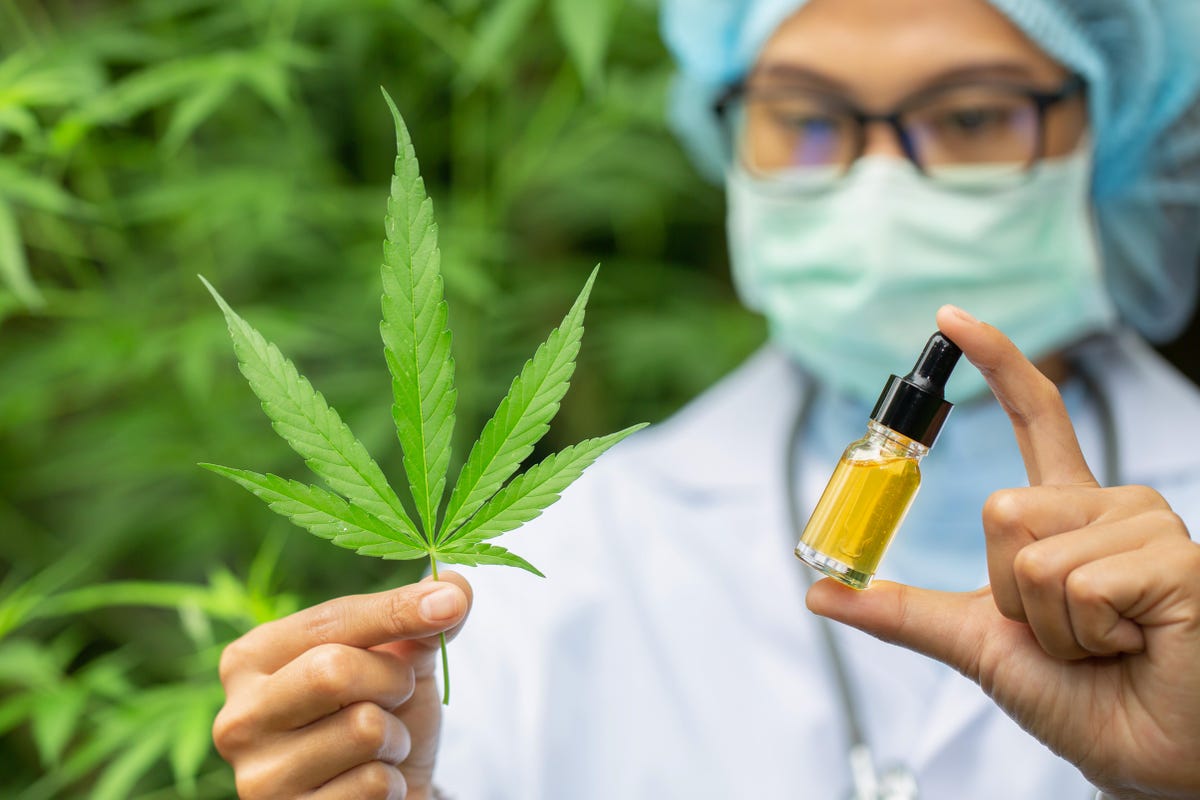
Combining CBD oil and chocolate can make it a delicious treat. It is a delicious treat, as well as a powerful antioxidant that has numerous health benefits. It is also a good resource of calcium, magnesium, and can help to reduce inflammation.
Additionally, dark chocolate is rich in flavonols. They are also believed to reduce depression symptoms and lower the risk of developing cancer.
Consuming CBD-infused dark chocolate can also improve cognitive function, by increasing neuroplasticity and blood flow to the brain. Adding to this, it has been found that chocolate can increase the bioavailability of CBD due to its natural fats, which facilitate a process called lipid micro-encapsulation.

CBD Chocolate
Cbd edibles offer a way to enjoy the full benefits of cannabis products without experiencing a psychoactive effect. There are many products available that either contain only CBD or THC. To enhance the overall effect, some brands add other ingredients such as adaptogens, nootropics or botanicals.
Only CBD, No THC
Many people aren’t aware of what to look at in high-quality CBD bars. Most CBD-rich products have high-quality, full CBD formulas. This means that these bars contain high amounts of cannabidiol.
High CBD chocolate bars with high quality cocoa powder or chocolate are best. These chocolates will taste delicious, and they have a high CBD/THC ratio. This will reduce the likelihood of them causing psychoactive effects like THC.
You can also find CBD chocolates in many different flavors and textures. Some chocolates have a mix of organic roasted almonds, while others use a combination of chocolate chips with crunchy cacao nibs.

Purchase Your First CBD Bar
If CBD is something you're new to, there may be questions you have about starting CBD. It's a good idea not to take more than 10mg daily, so you can start small. After you feel the effects, you can gradually increase your dose by 5 mg every three days.
Homemade CBD Chocolate Recipes
Making homemade CBD chocolate is a great way for you to try different dosages. The process is as easy as melting some chocolate morsels on a pan and adding CBD oil. You can also add your own toppings and flavors to the mix to make a more personalized chocolate treat.
Using real cocoa powder is the best way to get an authentic chocolate flavor without any artificial additives. It is possible to use butter as a thickener in order to create a CBD-infused recipe for chocolate that you can keep in the fridge.
FAQ
Where can I purchase CBD products?
You can purchase CBD online or at local retail stores. Online retailers often offer better deals. Many websites offer CBD products that are made from industrial hemp. This product contains less than 0.3% THC.
You can shop locally if you prefer to buy CBD products from brick-and-mortar stores.
A lot of states have passed laws that allow consumers to purchase CBD products without the need for a prescription. CBD products might be available for purchase at your local pharmacies if you're a resident in one of these states.
CBD products can be delivered directly to your front door.
What is the future in CBD?
The future for CBD is bright. It's easy for people to get on board with this sector. It's easy to see why this market is growing exponentially, with CBD products generating over $1 billion in global sales.
Statista predicts that global sales of cannabidiol in 2019 will reach $22.4 million. That's an increase of almost 200% from 2018!
The CBD market is also predicted to grow at a compound annual growth rate of 22.5%, which equates to nearly $6.8 billion in revenue by 2022.
This is great news both for those looking to enter the market as well as existing companies. The CBD market is still young and may face challenges.
Is there evidence that CBD reduces anxiety?
CBD oil works well to reduce anxiety. This is because it interacts directly with CB1 or CB2 brain receptors. The endocannabinoid system regulates mood and stress responses.
CB1 receptors are activated by chemicals released when we feel anxious. This receptor triggers the amygdala and is responsible to emotional processing.
When the CB1 receptor gets blocked, the amygdala can't process emotions. People who use CBD have fewer negative emotions.
2017 study found that CBD helps reduce anxiety in social phobia patients. Another study revealed that CBD helped reduce symptoms of PTSD.
A 2018 review concluded that CBD has anxiolytic properties and could help treat generalized anxiety disorder.
Another study found that CBD could also be used to treat panic attacks.
However, numerous studies have shown CBD to increase anxiety levels in mice.
The researchers believe that this discrepancy between human data and animal results may be due to differences in how humans and animals respond to CBD.
There are no long-term safety studies available for CBD. Most experts agree that CBD can be safely used when it is directed.
Does CBD have a future?
The answer is yes. It's not because it has medical benefits, but rather because it can help people feel better and not get high.
It doesn't make any difference to your feelings when you use it, making it an ideal alternative to prescription medication.
And as we know from studies, there is a lot of evidence showing that cannabis helps with pain relief, anxiety, depression, insomnia, and many other conditions.
Cannabinoids are also found in cannabis, which interact with brain receptors. This interaction produces feelings of relaxation and well-being.
If you are interested in cannabidiol oil (CBD) for your health, it is important to know what it is and how it affects you.
Which are the best CBD uses?
CBD can be used as an alternative to anxiety treatment. You can also use CBD to treat anxiety, pain, insomnia, epilepsy and inflammation.
There are many ways you can consume CBD. CBD can be taken in many different ways.
CBD has many health benefits. It has been shown in studies to alleviate chronic pain, PTSD, anxiety, among other things.
How can CBD products sold in a legally compliant manner by companies?
The FDA doesn't regulate hemp as an agricultural commodity. The Controlled Substances Act governs all other cannabis derivatives, such as marijuana. CBD has not been subject to any specific regulations.
CBD is legal at the state level in 29 states, but federal law still considers it illegal. This creates uncertainty for businesses looking to sell CBD products.
The FDA has strict guidelines regarding how CBD products can be promoted. To make sure that CBD products are clearly disclosed about their THC content, the FDA has established strict guidelines. Without supporting scientific evidence, CBD cannot be claimed to treat certain medical conditions.
Additionally, the FDA requires manufacturers submit information about manufacturing practices and quality control. Companies are also required to participate in clinical trials in order to demonstrate safety and efficacy.
These factors are crucial for companies to consider when developing their marketing strategies.
Statistics
- however, one study also found that these effects were virtually abolished when the original media (a nutrient broth agar) was replaced with one containing 5% blood (increasing the minimum concentration to ~160 μM CBD) [179]. (ncbi.nlm.nih.gov)
- The inhibition of FAAH is predicted to lead to an increase in brain and plasma concentrations of AEA, which acts as a partial agonist at CB1R and CB2R, thereby increasing endocannabinoid tone [92, 110]. (ncbi.nlm.nih.gov)
- As a substance that was federally illegal before the passage of the 2018 Farm Bill, hemp-derived cannabinoids with no more than 0.3% THC still face a regulatory grey area. (forbes.com)
- HR −16 mmHg; 95% CI −26, −6; I2 = 92%) (ncbi.nlm.nih.gov)
- The use of these products is likely to become even more widespread if the World Health Organization's recommendation that CBD no longer is scheduled in the international drug control conventions is adopted by the United Nations member states [201]. (ncbi.nlm.nih.gov)
External Links
How To
What are the major issues facing the CBD industry in general?
The current market for CBD-based products is expanding at a phenomenal rate. There are many hurdles businesses face when trying to enter the CBD market. These include lack of consumer awareness and high costs of entry, limited capital access, and regulatory uncertainty.
Many people don't know much about CBD or how it works. This means they are not able to make informed choices about whether or no to purchase CBD products.
As a result, most CBD companies rely heavily on word-of-mouth marketing. This is expensive because it requires paying for advertising and hiring staff to promote their brand.
Another problem for new entrants to CBD is the high price of production. It is very expensive to obtain the raw materials required for CBD products. CBD oil is made from hemp that has been grown in particular climates.
Growing enough hemp to make CBD oil takes around $1,000 per acre. Because of this, many small farmers are unable to afford to grow enough hemp for CBD oil.
A lack of capital access is another problem that CBD market newcomers face. Many people who want to start a business are discouraged by banks due to the stigma associated with the industry.
Finally, there is regulatory uncertainty surrounding the sale of CBD products. There are no established guidelines regarding the marketing of CBD products.
Despite some states having passed laws restricting the sale CBD products, this is not yet a national policy.
Only Nevada, Maine, and Nevada have legalized recreational pot.
Some states, such as Michigan and Massachusetts, are looking at similar measures.
These changes could mean that CBD manufacturers will be more competitive.
Many entrepreneurs prefer to work at home over starting a business.